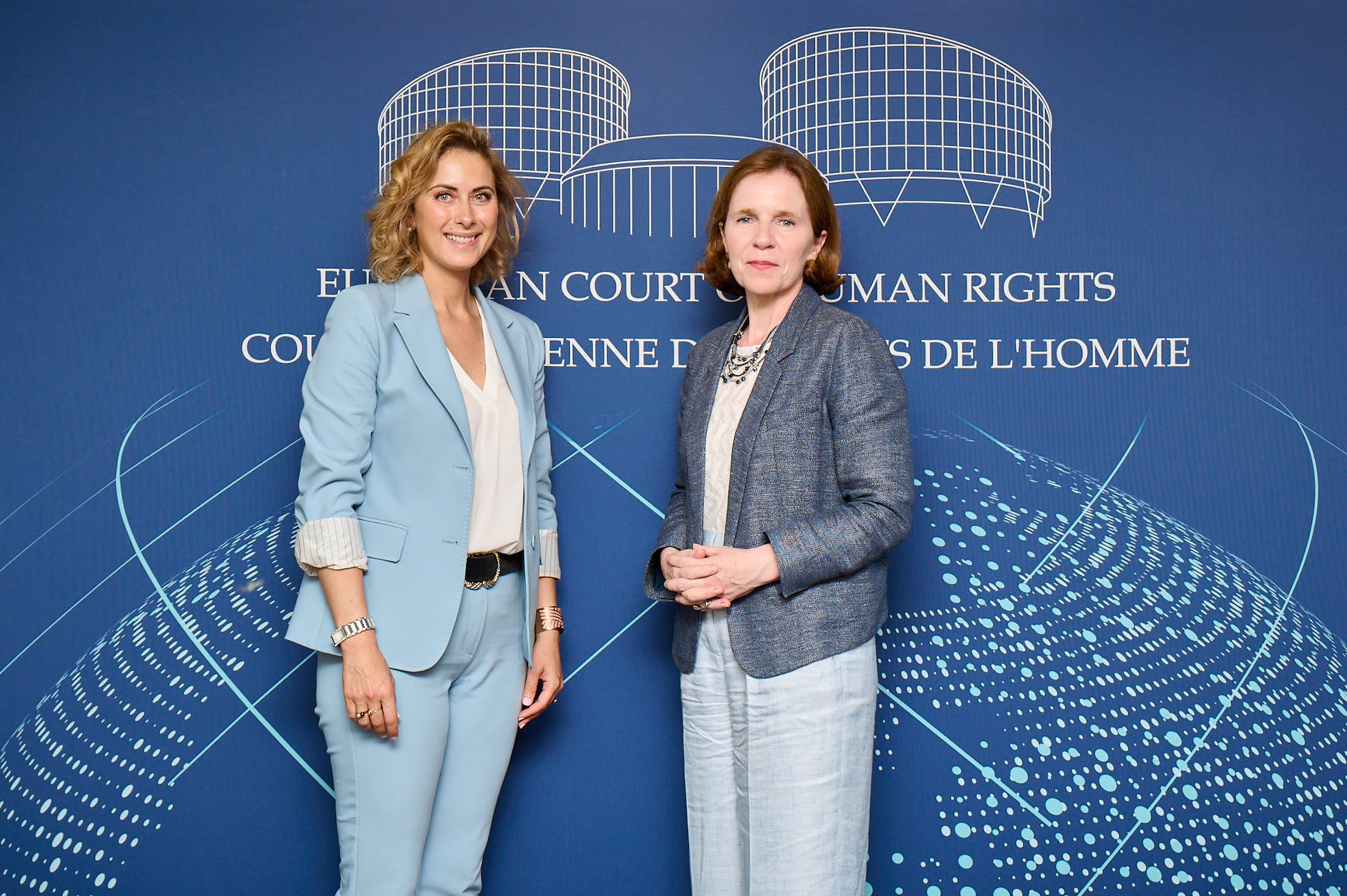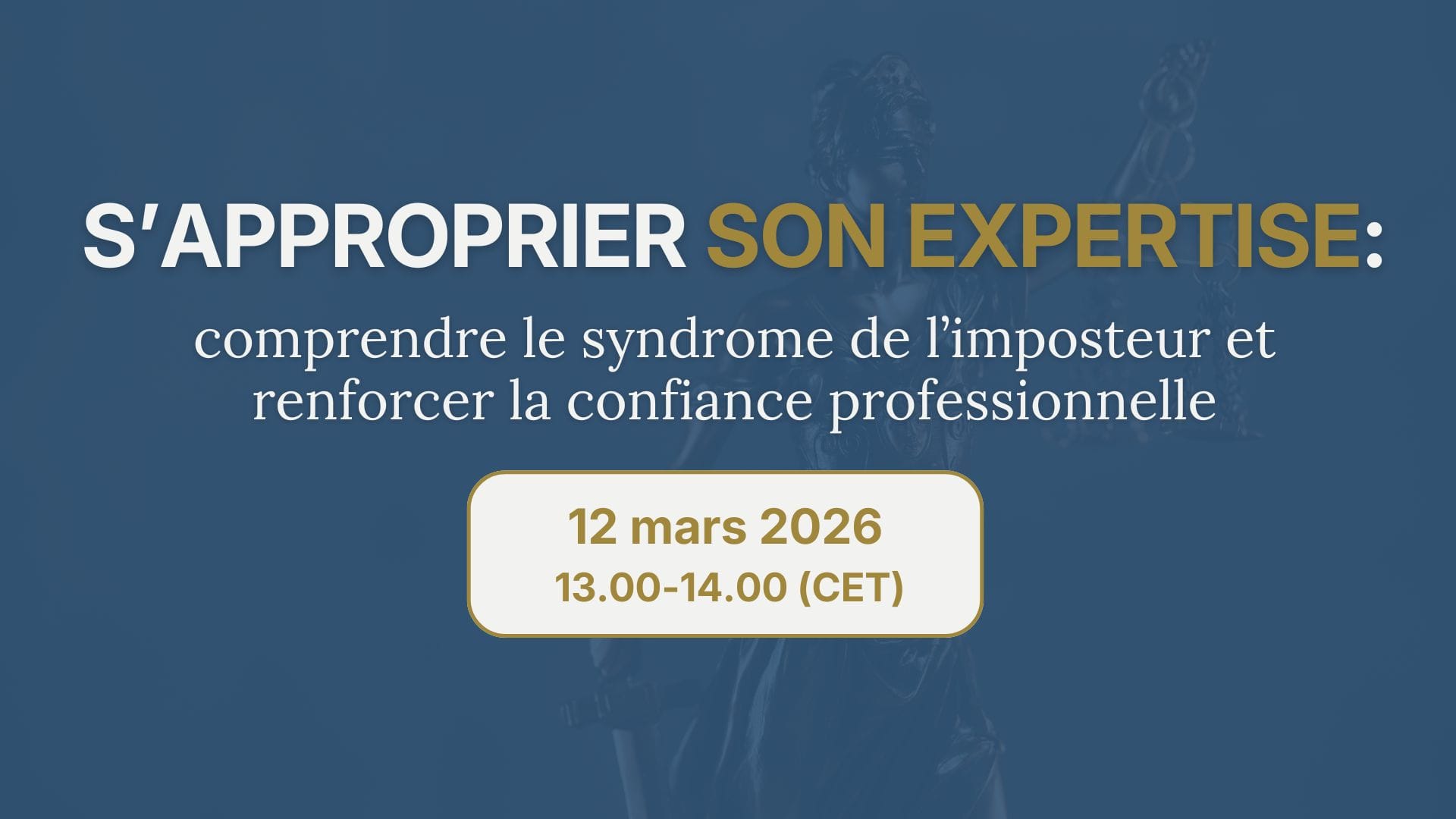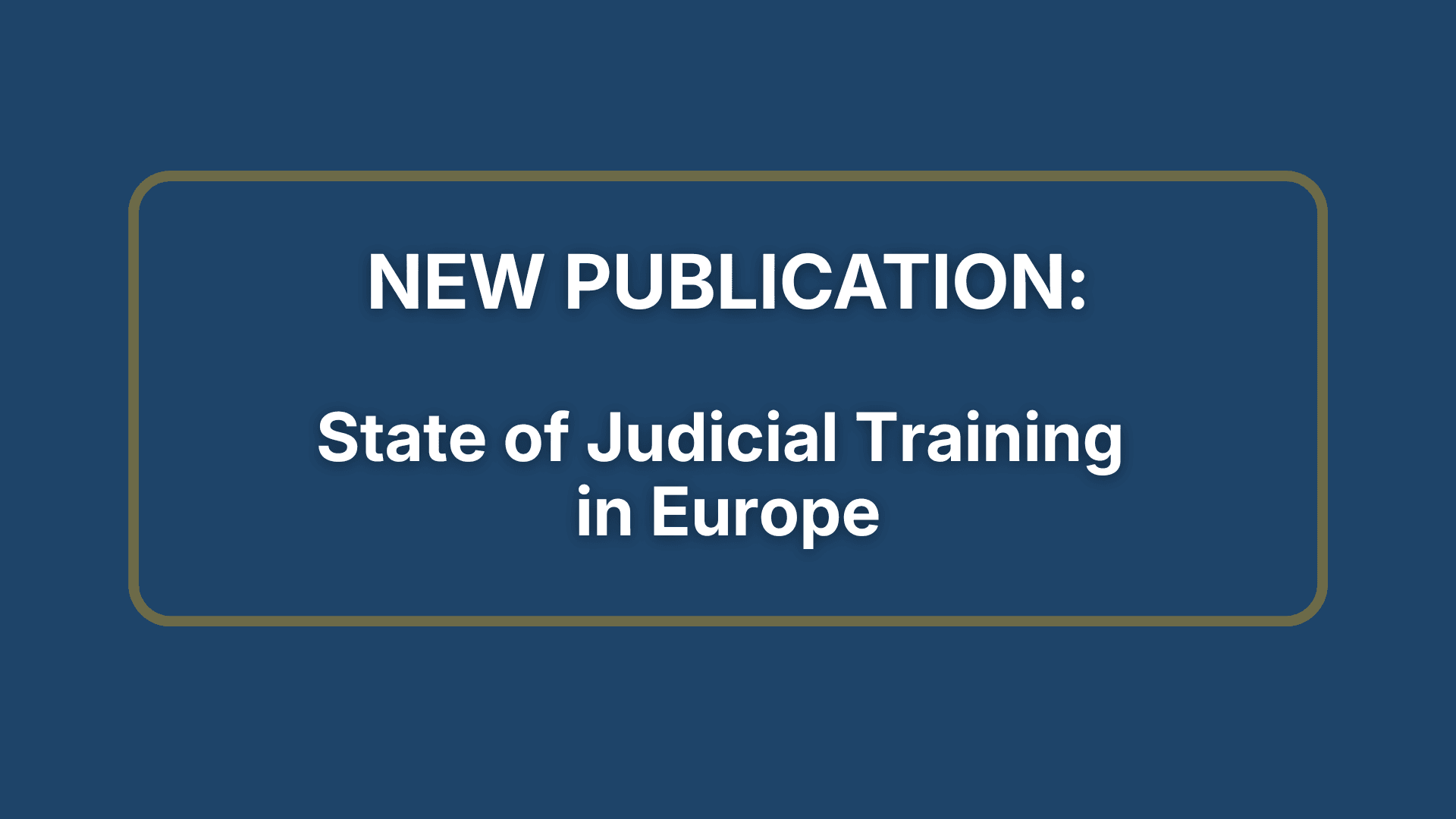EJTN’s Secretary General, Judge Ingrid Derveaux, met yesterday the President of the European Court of Human Rights (ECtHR), Judge Síofra O’Leary. They discussed the present state of cooperation between both institutions and exchanged ideas about how to strengthen the partnership in the future.
A well-established cooperation
A first Memorandum of Understanding between EJTN and the ECtHR was signed on 7 February 2008. The institutions were represented by Erik Friberg, Registrar of the Court, and Gilles Charbonnier, EJTN’s Secretary General.
This cooperation was further reinforced by the signature of a second Memorandum of Understanding (MoU) on 18 October 2017, by Mr Roderick Liddell, Registrar of the Court, and Mr Wojciech Postulski, EJTN’s Secretary General.
Throughout this 15-year-long partnership, EJTN and the ECtHR have worked together to promote judicial training and help European magistrates to familiarize themselves with the functioning of the Court. This was achieved through different actions such as long-term training periods, study visits, seminars for judicial trainers, and other forms of cooperation.
Since the signature of the Memorandum of Understanding, about 100 justice professionals from the European Union have participated in long-term training periods at the Court.
The study visits are also very popular as in 2023, EJTN received more than 2000 applications out of 180 places available.
The current state of cooperation between EJTN and the Court
Today, EJTN offers 5 study visits annually, with up to 40 participants in each of them. These visits allow judges, prosecutors, and court staff to gain in-depth knowledge of the Court’s functioning and case-law.
In addition, EJTN and the Court organise long-term training activities for up to 15 judges every year. Selected participants can immerse themselves in the daily work of the institution for 12 months.
They are integrated into the case-processing Unit of the Court’s Registry related to their country of origin. Under the supervision of their Head of Unit, they examine, thus acquiring know-how about the Court’s procedures, advise applicants on the admissibility of their applications, attend the Court’s sessions, and perform studies and research on the Court’s case-law.
New endeavours
In 2023, EJTN looks forward to benefitting again from the ECtHR expertise for the judges@europe Forum planned in Syracuse, on 25-27 October 2023, on the challenge raised by good administration of Justice in the digital area. For the first time, the President of the Court will deliver a concluding speech on that occasion.
Moreover, the ECtHR was invited to join again the jury of the THEMIS Competition for the Grand Final, planned in December in Bucharest.
Quotes
Commenting on the meeting, EJTN’s Secretary General Ingrid Derveaux, said:
“The partnership between EJTN and the European Court of Human Rights is extremely valuable to the European judiciary as it grants national judges, prosecutors and court staff a unique opportunity to improve their skills and knowledge in practice on one of Europe’s most important judicial institutions. It also promotes cooperation between justice professionals from different States Parties to the European Convention on Human Rights“.
“Moreover, our joint training activities at the European Court of Human Rights offer valuable networking opportunities for judicial practitioners. They can share and benefit from each other’s experiences and create useful working relationships”.
The President of the European Court of Human Rights (ECtHR), Judge Síofra O’Leary, said:
“The partnership between the European Court of Human Rights and EJTN is a very successful and practical implementation of the principle of subsidiarity. In particular, the annual long-term judicial training placements at the Court not only contribute significantly to the processing of over 75,000 pending applications but also provide a unique opportunity for national judges and prosecutors to absorb the Court’s case-law, so that they can better reflect it in their day-to-day work, once they return to their respective States”.




